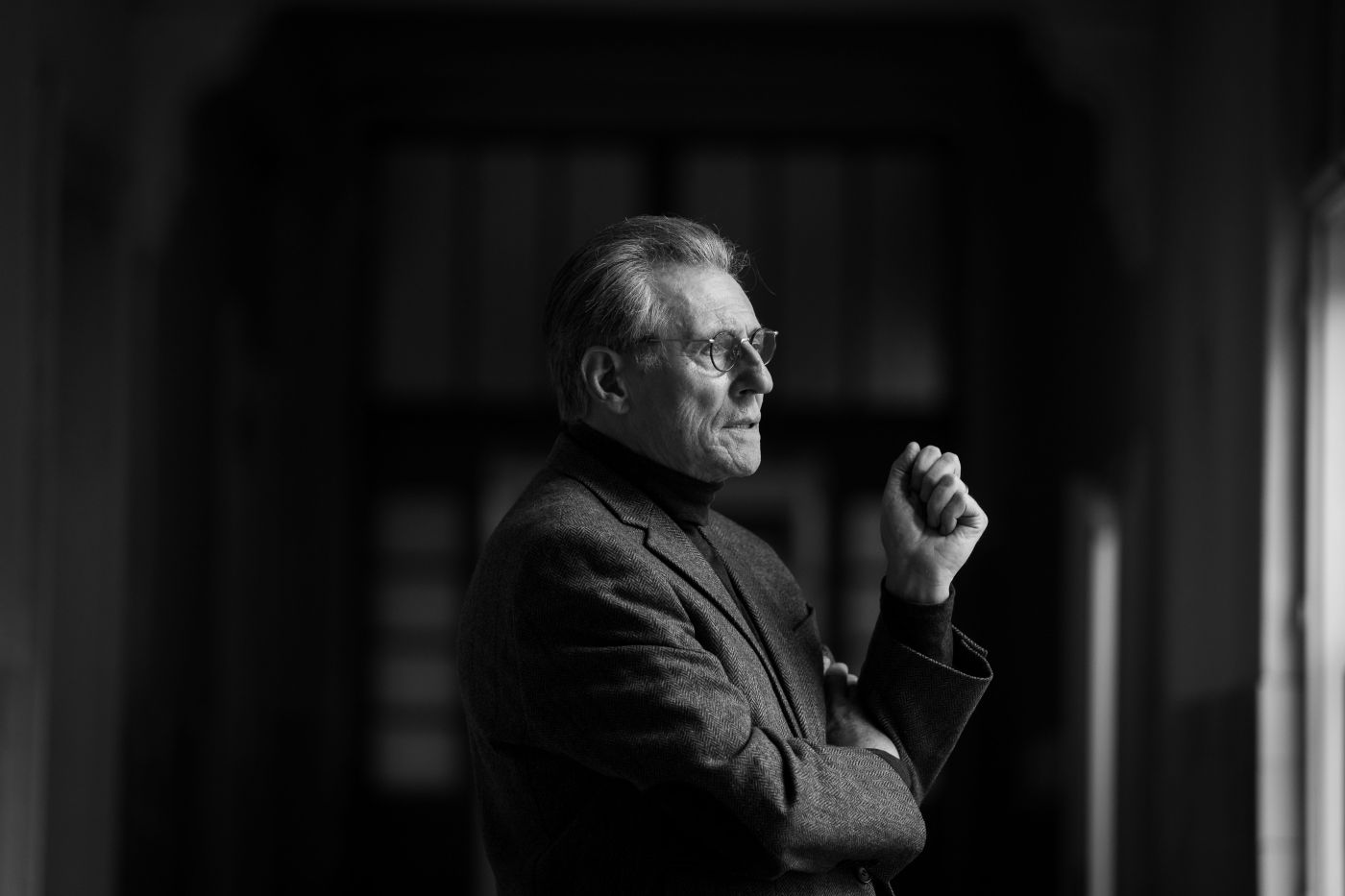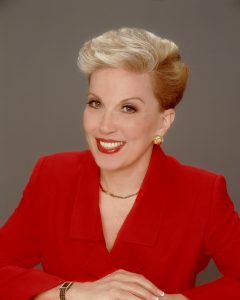
Beckett beckons Gabriel Byrne in ‘Dance First’
In a brilliant career stretching over four decades, Gabriel Byrne has had a long, successful association with Ireland’s titanic playwright Eugene O’Neill.
Now with “Dance First” Bryne, 74, tackles another legendary Irish playwright, Samuel Beckett.
How did he get there?
“Well, I was born in Dublin like Beckett,” Byrne began in a Zoom interview. “He lived about three or four miles away from where I grew up in a Catholic working-class area of Dublin. He was an upper-middle-class Protestant.
“We grew up knowing that Beckett was this amazingly famous literary icon. But very few of us knew anything about him. There were stories, but nobody knew whether they were true or not.
“So he came with this kind of inaccessible reputation and notoriety for not wanting to do any kind of publicity whatsoever.”
That’s the film’s opening scene where Beckett, in Oslo to accept the 1969 Nobel Prize in Literature, says, “Oh my God, what a catastrophe!”
“He actually said that because he knew that it was going to mean more intrusion into his life.
“O’Neill was, for me, the ultimate Irish Catholic writer,” Byrne continued. “All his plays are about guilt, regrets, shame and the toxic nature of a family.
“Whereas Beckett was an intellectual dealing more about the esoteric ideas of life: What does it mean to be a human being? Are we here to be happy or unhappy? What is success? Do we learn more from failure?
“Do we actually look at life when we finish it and say, ‘Well, what did I do with that life? He was asking the really big, uncomfortable questions, very different to O’Neill.”
The title refers to Beckett’s ethos, “Dance first, think later.” The film suggests the two major events in his life were the disruptive Nobel and his dangerous Resistance work in Nazi-occupied France.
Was he haunted by guilt for his best friend in the Resistance being captured, tortured, murdered by the Nazis?
“I would certainly say that the death of his young friend haunted him all of his life. But in the later part, it was the unhappiness of his marriage and being caught between Barbara (Maxine Peak), his mistress, and Suzanne (France’s Sandrine Bonnaire), his wife, whom he had met during the Resistance.
“As he came into his older years, he was full of regret for the decisions that he had made and was tortured by his infidelity and by his inability to love Suzanne.
“He had a very, very domineering mother who gave him no praise whatsoever and that lack of a sense of self and self-esteem stayed with him all his life: The shame and the guilt and the regret.”
“Dance First” is available on VOD Friday

